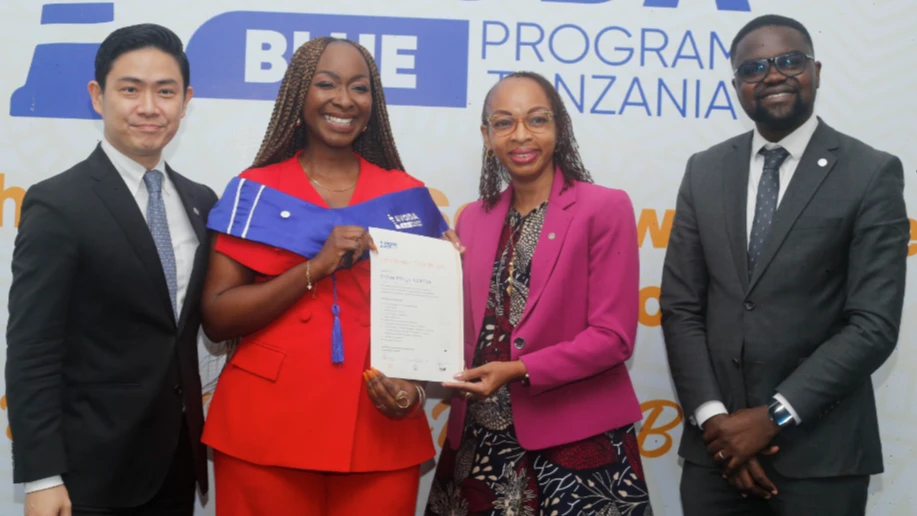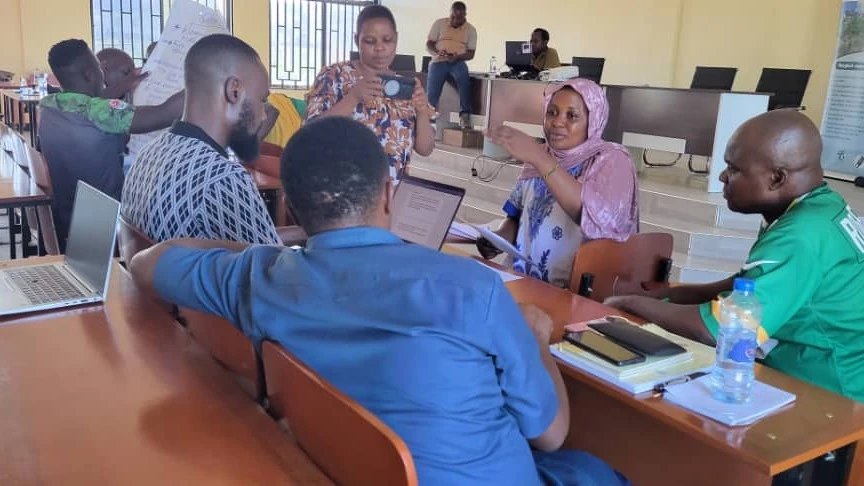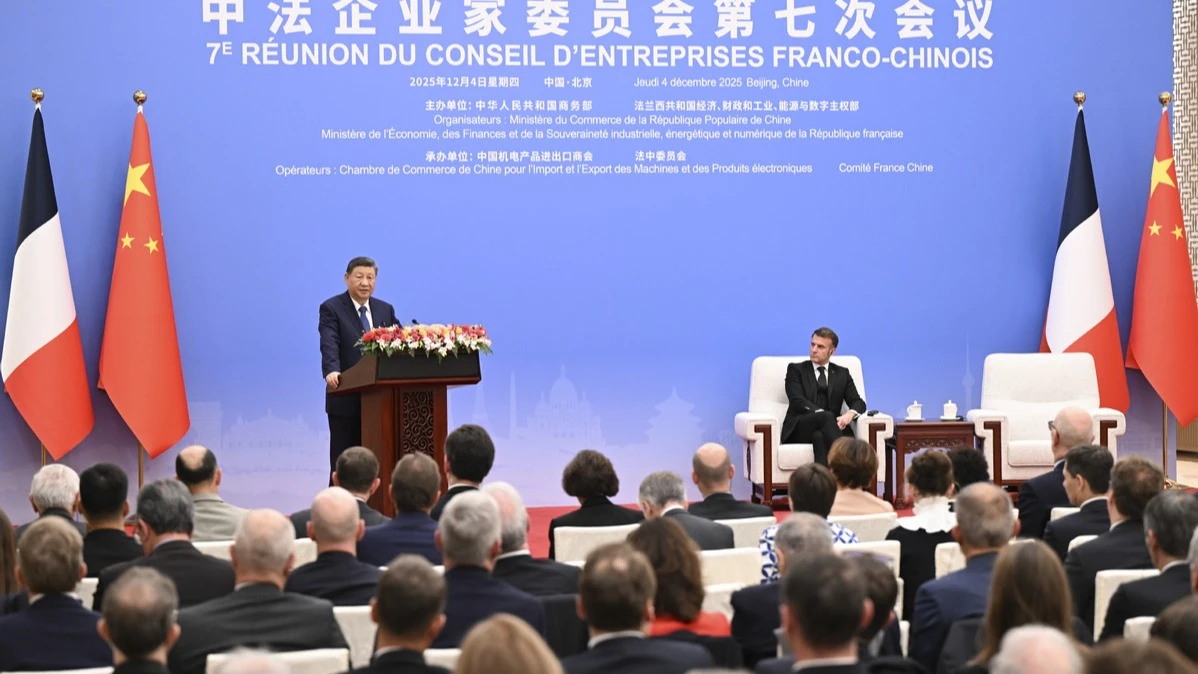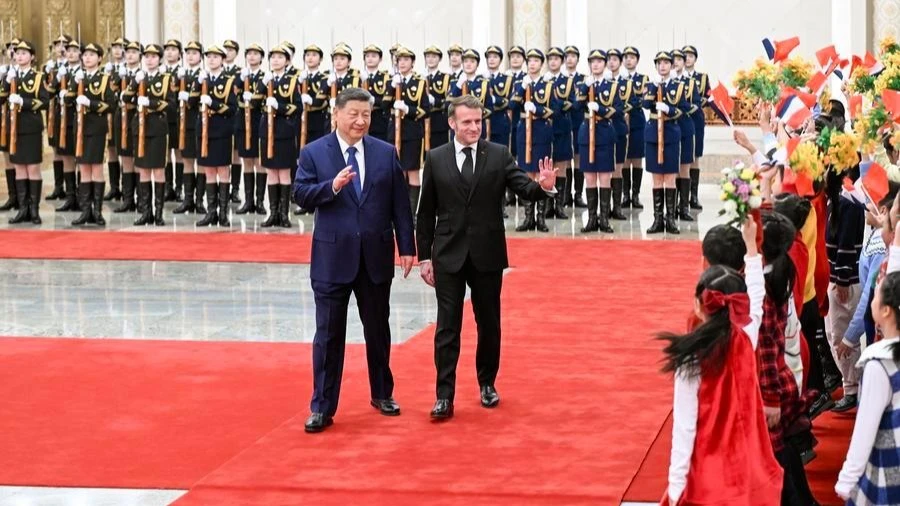Malnutrition costs: Experts advocate for urgent health reforms
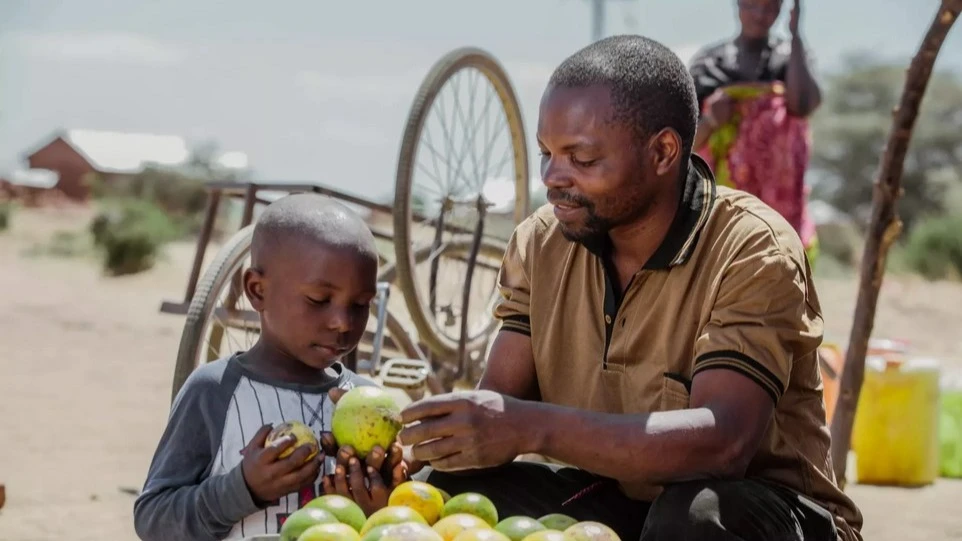
A groundbreaking study has peeled back the hidden cost of malnutrition in Tanzania, forcing the nation to confront its dual challenge: feeding its people adequately while pushing for wider health reforms. What had long been dismissed as a household issue is now revealed as a national economic crisis, bleeding billions each year.
The report estimates that the economy loses over 3.47trn/- annually because of poor nutrition. These are not just dry numbers—they represent futures diminished before they begin, children too small for their age, workers weakened by preventable illnesses, and families drained by medical costs.
One health economist at the summit summed it up with biting clarity: “Malnutrition is not about hunger alone—it’s about wasted potential. Every shilling lost is a classroom not built, a road not paved, a job not created.” The remark captured the essence of what is at stake.
The problem cuts across generations. A malnourished child grows up less prepared for school, enters adulthood with reduced strength and intellect, and risks passing those disadvantages to the next generation. Women face higher risks in pregnancy, and the elderly find themselves increasingly vulnerable to disease. It is a cycle that perpetuates poverty.
For government, the costs are crushing. Clinics strain under cases of preventable disease, while budgets meant for development are redirected to cover treatment. A senior official put it plainly: “Every malnourished child we fail to help today becomes a financial burden tomorrow. The cost is double—economic and human.”
And yet, the same study shows that nutrition is one of the smartest investments Tanzania can make. Every shilling channeled into better diets delivers exponential returns—healthier workers, sharper minds, stronger families. It is a reminder that food is not just sustenance; it is a driver of national prosperity.
The Summit heard repeated calls for early action. Interventions must start before pregnancy, support mothers during childbirth, and ensure infants receive proper nutrition in the first 1,000 days of life. “That is where the future of the nation is written,” one nutrition specialist urged, drawing nods from delegates.
But implementation is not easy. District leaders cited gaps in funding, weak data collection, and poor coordination between ministries. Nutritious foods remain out of reach for many rural households, with poor transport and storage systems compounding the crisis. A local official admitted, “We are trying to solve a mountain problem with a teaspoon of resources.”
It was in this charged context that the 12th Tanzania Health Summit convened, offering both a platform to celebrate achievements and a mirror reflecting unresolved challenges. The atmosphere was vibrant, with seasoned doctors, fresh graduates, policymakers, and development partners mingling in lively discussions.
The Summit’s chair, Dr. Chakou Halfani Tindwa, was candid about the journey. “From 2014, when we began with fewer than 200 participants, to today, where over 1,400 delegates have gathered, the growth is remarkable,” he said. His voice carried pride, but also a warning: growth must translate into real impact on the ground.
Dr. Tindwa praised the government under President Samia Suluhu Hassan for opening borders and championing health reforms. “Her leadership has given us space to engage the world, bringing ambassadors, experts, and regional partners into our dialogue,” he told the audience, drawing applause.
Guest of honor, Seif Shekilaghe, newly appointed as Permanent Secretary for the Ministry of Health, used his platform to thank the Summit for its role in shaping national policy. “This partnership is not symbolic,” he said. “It is the engine driving policy innovation, accountability, and results.” His appointment was met with warm congratulations throughout the halls.
Amref’s country director, Florence Temu, drew attention to the unsung heroes of health: community health workers. “They are the bridge between hospitals and households, often the first point of contact for families. Strengthening their role is not an option—it is a necessity,” she declared. Delegates agreed, noting that without these workers, rural access to care would collapse.
Meanwhile, Dr. Omari Chillo, who chaired the summit sessions, spoke with visible pride. “Since 2014, we have built an institution that connects professionals, shapes debates, and amplifies solutions. Our participants are the heartbeat of this progress,” he said, pausing as the room erupted in applause. His reflections offered a milestone moment, marking how far the Summit had come.
Technology and data were recurring themes. Panels stressed that digital innovation could speed up universal health coverage, but speakers were quick to ground the optimism. “Technology is useless if medicine shelves are empty,” one health worker reminded. That sobering line cut through the jargon, pulling discussions back to reality.
Funding challenges also surfaced, particularly the reduction of U.S. aid this year. Still, speakers reassured that services had not collapsed. “We have avoided medicine shortages and maintained quality care. That is a testament to our resilience,” Dr. Tindwa insisted, framing the cuts as a challenge to innovate rather than retreat.
The Summit also highlighted recognition programs for health facilities, rewarding those who improved quality and accountability. These awards, though symbolic, have encouraged competition and collaboration. As one nurse proudly shared, “When my clinic was recognized, our whole team felt valued. We doubled our effort because someone finally noticed.”
Capacity building remained a central point. The Summit celebrated training of 150 specialists now deployed across districts. These professionals represent the backbone of the country’s health future. “We no longer have to rely entirely on external experts,” said a young doctor. “We are growing our own leaders.”
Walking through the venue, one felt a unique blend of urgency and hope. Posters displayed stark figures on maternal mortality and malnutrition, while in breakout rooms, participants brainstormed community-based solutions. Conversations spilled into corridors, weaving together science, politics, and lived experience in ways that few forums manage.
The juxtaposition of the malnutrition study with the Summit’s upbeat progress was impossible to miss. The study reminded delegates of what is at stake—an economy drained and lives shortened. The Summit showcased the tools, leadership, and commitment that can change the story. Together, they formed a narrative of urgency and opportunity.
Integrating nutrition into the larger health agenda emerged as a non-negotiable priority. Delegates called for nutrition data to be embedded in digital systems, for local surveys to shape interventions, and for budgets to move beyond rhetoric to real allocations. These demands carried the tone of professionals tired of promises and eager for proof.
The first session of the 12th Tanzania Health Summit on October 1st set the tone with sharp focus and urgency. Malnutrition, often hidden behind broader health conversations, was brought to the center as a challenge threatening not only lives but also the economy. Delegates were reminded that progress in hospitals and clinics means little if families cannot access nutritious food at home.
The private sector was called to look beyond profit margins, urged to produce fortified foods, improve distribution networks, and invest in food security. Education leaders, too, were asked to embed nutrition in school curricula, cultivating healthy habits before problems take root.
Civil society voices were among the most uncompromising. “We cannot afford lip service anymore,” one activist said, pressing communities to monitor budgets, question leaders, and demand accountability. Nutrition, they insisted, is everyone’s responsibility.
Still, pride in Tanzania’s health journey was clear. The Summit itself, once a modest gathering, has grown into a national voice. The chair captured the moment perfectly: the real milestone will be a Tanzania where no child is stunted, no mother undernourished, and no community left behind. The first day closed with a message hard to ignore—nutrition is justice, and the time to act is now
Top Headlines
© 2025 IPPMEDIA.COM. ALL RIGHTS RESERVED












